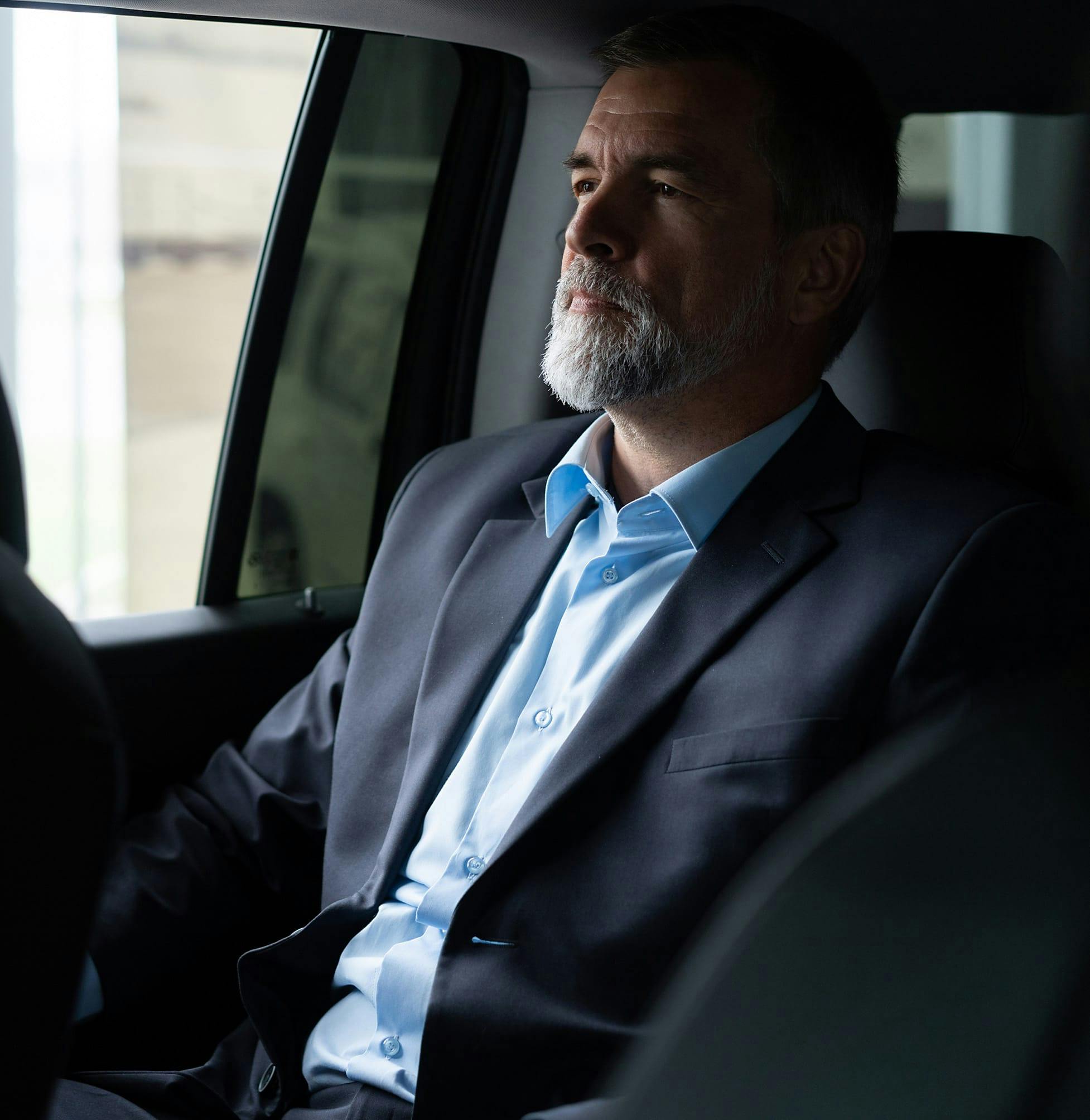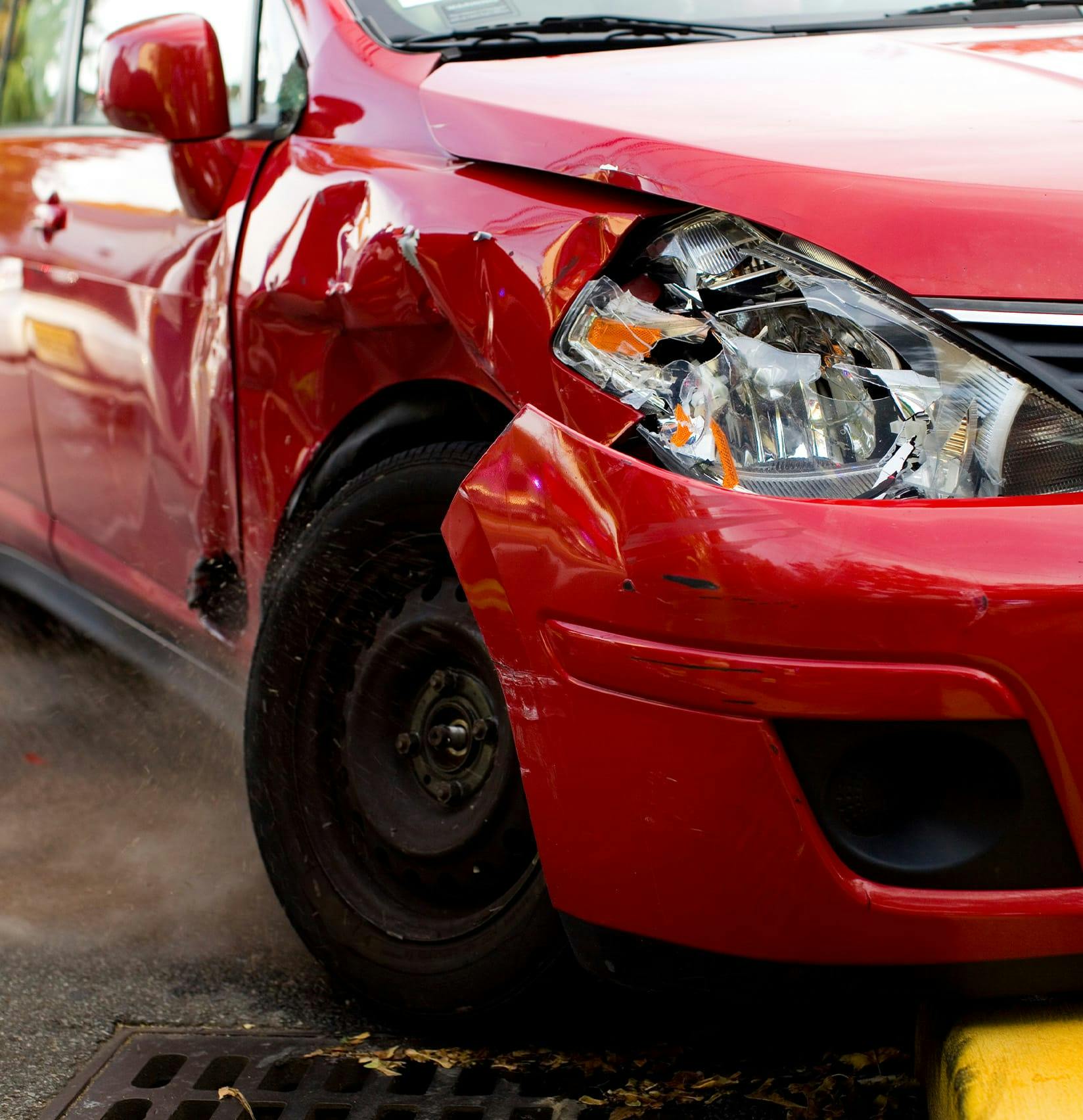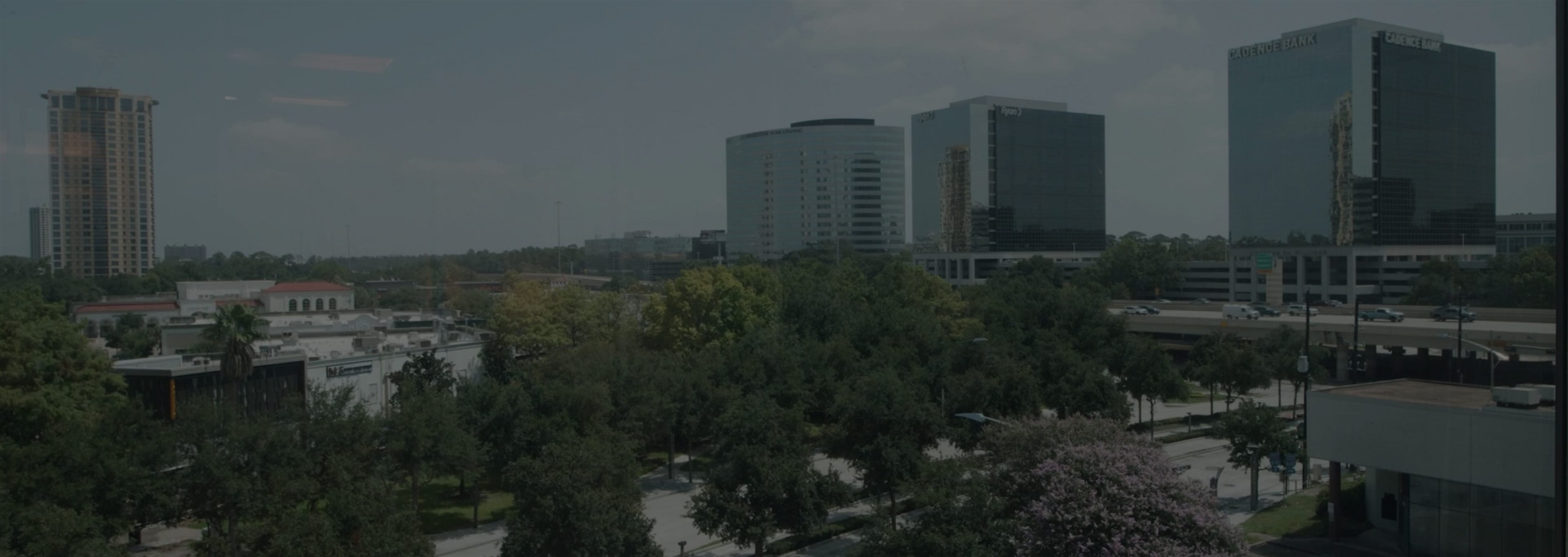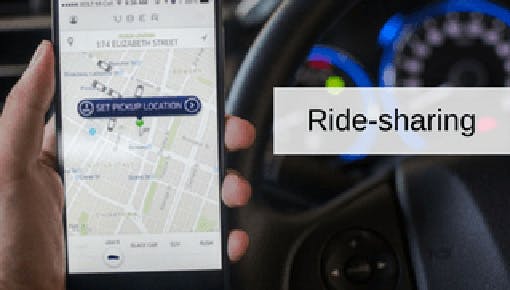Rideshare companies such as Uber and Lyft are called transportation network companies. These companies provide app-based ride-sourcing to match consumers with drivers of vehicles for hire. These companies first emerged in 2012 and have been an alternative option to more traditional methods of transportation, such as hailing a taxi from the street. Before, if you were a passenger in a taxicab or a private bus company and were injured as the result of the negligence of the driver, not only could you sue the employee driver to recover for any damages as a result of their negligence, but you could also sue the employer based on their employee-employer relationship. If the driver was in the course and scope of their employment, then the employer would be liable and responsible for compensating injured passengers.
What Causes Rideshare Accidents to Occur?
Rideshare accidents often happen for many of the same reasons as other car crashes, but additional risks come into play when drivers are juggling passenger pick-ups, app notifications, and tight schedules. These factors can create dangerous conditions on the road. Some of the most common causes include:
- Distracted driving from looking at the rideshare app or GPS
- Speeding or aggressive driving to reach passengers quickly
- Driver fatigue from long or late-night shifts
- Inexperienced drivers unfamiliar with local roads
- Unsafe pick-up or drop-off locations
- Negligence by other motorists sharing the road

















